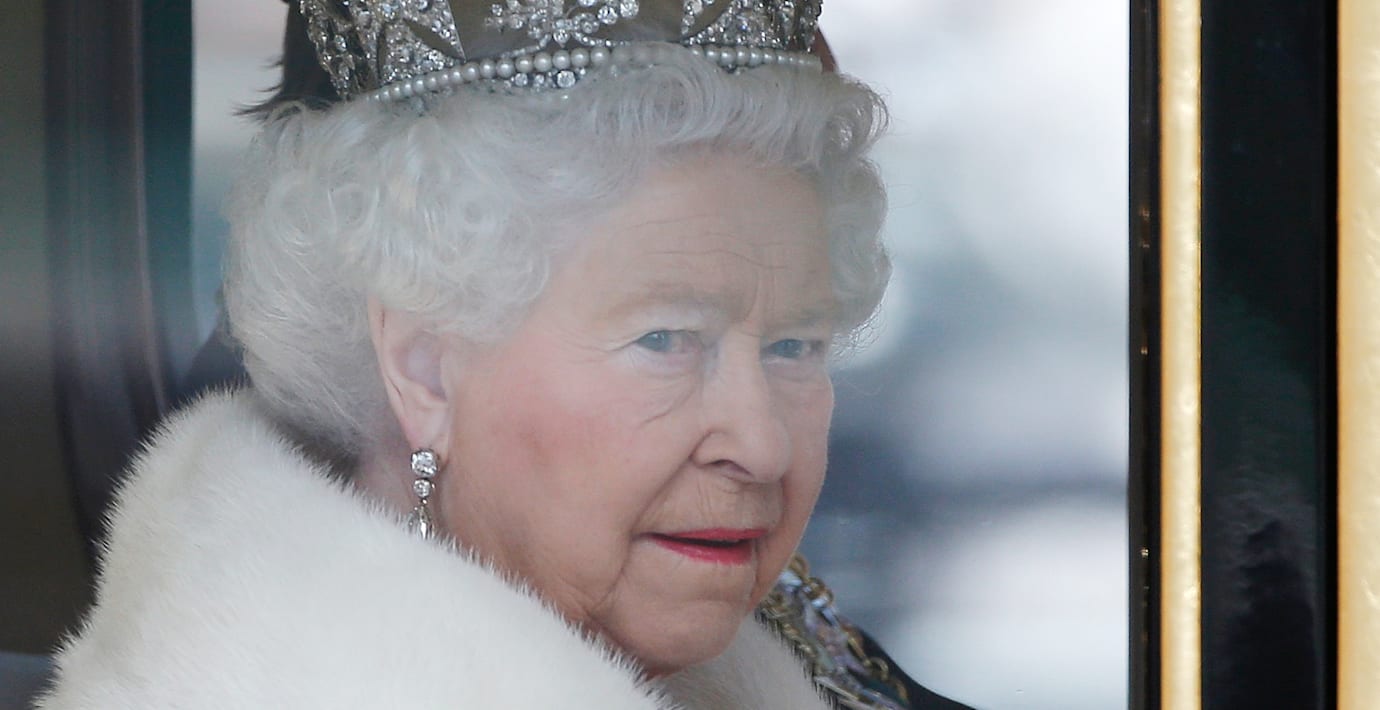
Buckingham: Drottningen stöttar inte Brexit
Tidningen The Sun gick tidigare i veckan ut med att brittiska drottning Elizabeth II står bakom förslaget att landet ska lämna den europeiska unionen.
Men nu går hovet ut och dementerar uppgifterna som falska, rapporterar flera internationella medier.
”Drottningen förblir politiskt neutral, så som hon har varit i 63 år”, skriver en talesperson för hovet i ett e-postmeddelande till Reuters
The Sun hänvisade i sin artikel om drottningens påstådda stöd till ”oidentifierade källor”. Enligt källorna mötte drottningen dåvarande biträdande premiärminister Nick Clegg 2011 och sa till honom att ”EU är på väg åt fel håll”.
bakgrund
Brexit-omröstningen den 23 juni
Wikipedia (en)
The United Kingdom European Union membership referendum, also known as the EU referendum, is scheduled to take place in the United Kingdom and Gibraltar on 23 June 2016. Membership of the European Union has been a topic of debate in the United Kingdom since the country joined the then European Economic Community in 1973.
In accordance with a Conservative Party manifesto commitment, the legal basis for a referendum was established by the passage of the European Union Referendum Act 2015 by the British Parliament. It will be only the third plebiscite to be held throughout the United Kingdom, and the second time the British electorate has been asked to vote on the issue of European Union membership: the first was held in 1975, when it was known as the EEC. Membership was approved in that referendum by 67% of voters - but the nature of the EU has changed dramatically since then and the result of this referendum is expected to be significantly closer. The referendum will also be held in and affect the status of Gibraltar, as it is the only UK overseas territory which is subject to full EU membership.
Those in favour of a British withdrawal from the European Union – commonly referred to as a Brexit (from "British exit") – argue that being a member of the EU undermines Parliamentary sovereignty, while those in favour of membership argue that in a world with many levels of supranational organisations any theoretical loss of sovereignty is more than compensated by the benefits of membership of the EU. It is argued by those that support Brexit (most British Eurosceptics) that it would allow the UK to be better able to control immigration, be in a better position to conduct its own trade negotiations, and be free from what they believe to be unnecessary EU regulations and bureaucracy. Those in favour of remaining in the EU argue that leaving the EU would risk the UK's prosperity, diminish its influence over world affairs, and result in trade barriers between the UK and the EU.
Omni är politiskt obundna och oberoende. Vi strävar efter att ge fler perspektiv på nyheterna. Har du frågor eller synpunkter kring vår rapportering? Kontakta redaktionen



